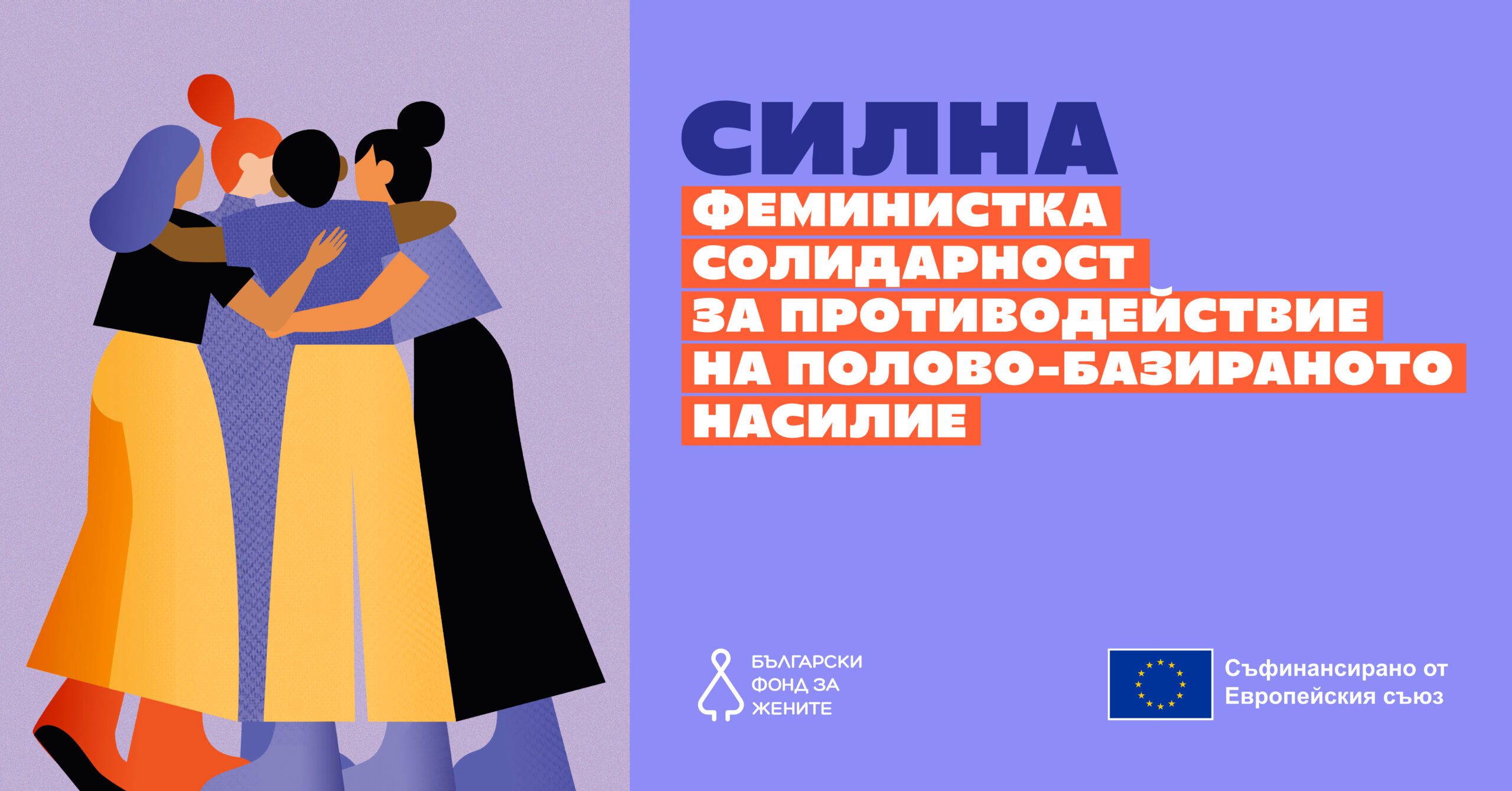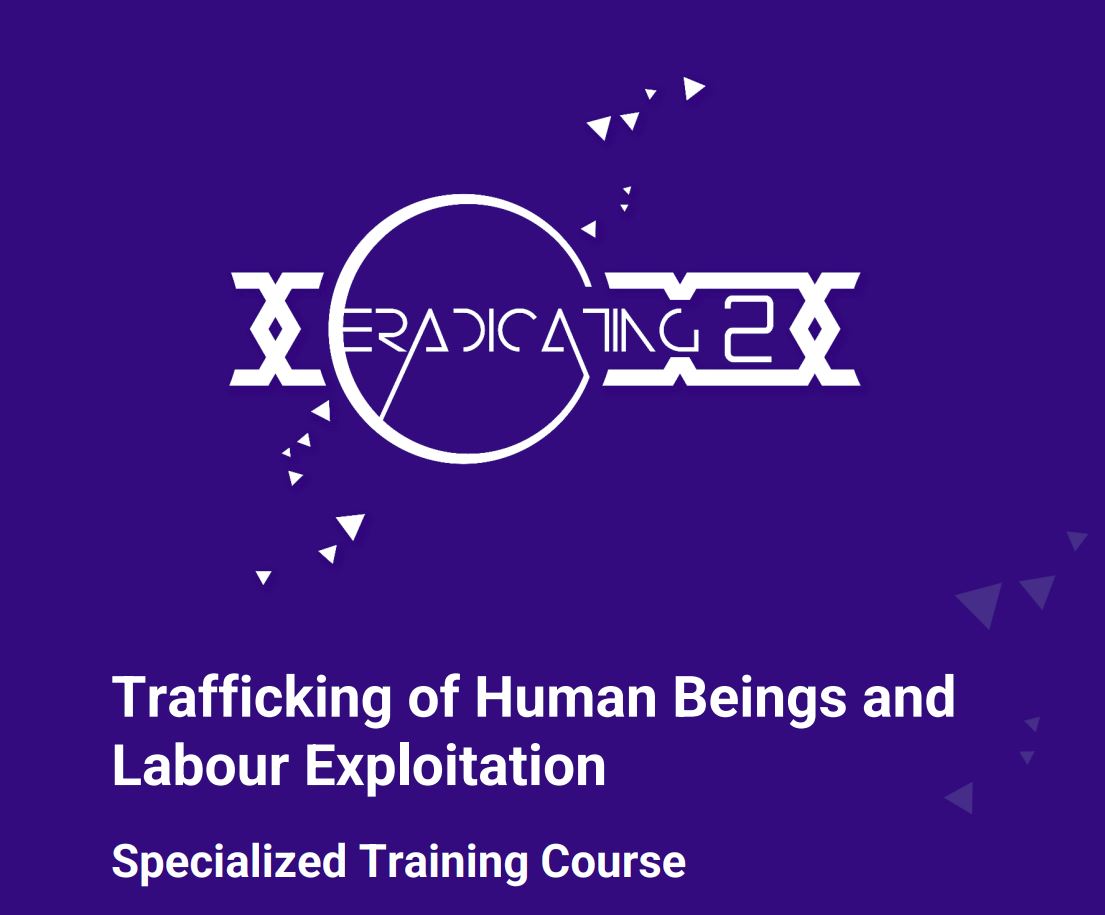Vulnerabilities to Labour Exploitation: Field Insights from Kardzhali and Shumen

Over the past year, the Dignita Foundation team expanded its work in vulnerable communities across two regions where access to reliable information on safe labour migration is limited. We focused on marginalized groups in Kardzhali and Shumen, where the risk of labour exploitation during migration to Western Europe remains high. With the support of health mediators in four municipalities, we conducted a series of information sessions aimed at people who are actively considering work abroad.
Alongside the fieldwork, we produced an expert assessment of vulnerabilities to labour exploitation among the groups we met. Our analysis combines desk research with interviews with migrants, health mediators, local authorities, and partner organizations working with Bulgarian nationals in the Netherlands. The initiative was supported by the Embassy of the Kingdom of the Netherlands to strengthen prevention and improve protection of Bulgarian migrants from labour exploitation.
General trends and structural vulnerabilities.
Our work in both regions shows a consistent pattern of factors that increase the risk of exploitation during migration. In segregated neighbourhoods in Kardzhali and Shumen we observed similar dynamics: economic hardship, lack of job opportunities and low pay for low-skilled work, limited access to trustworthy information, and strong dependence on informal intermediaries and kin networks. There is chronic distrust toward institutions—both Bulgarian and foreign. Many people assume “no one will help,” or fear that seeking assistance may lead to sanctions or other negative consequences.
Our experts found that many departures happen “on trust,” based on promises from acquaintances or relatives, with little or no prior research into working conditions, required documents, or real costs. This often leads to risky situations and exploitative practices, including by fellow nationals. In addition, there is almost no knowledge of labour rights in the Netherlands, limited awareness of mandatory registrations and documents, and a language barrier that leaves people fully dependent on employers, crew leaders, or intermediaries.
Vulnerability analysis in Kardzhali.
Full text in Bulgarian available here: Kardzhali Analysis.
In Kardzhali we conducted field observations and 11 semi-structured interviews with vulnerable migrants, health mediators, local authorities, and partner organizations in the Netherlands. We also held online conversations with Bulgarian nationals living in The Hague and Rotterdam and reviewed relevant reports and administrative data. The consolidated analysis provides a baseline view of the specific risk factors in Kardzhali that make entire communities particularly vulnerable to labour exploitation in Western Europe.
Vulnerability analysis in Shumen.
Full text in Bulgarian available here: Shumen Analysis.
In Shumen we held discussions and interviews with men and women who have direct experience of work and life in the Netherlands. The conversations covered different age groups and neighbourhoods, many of whom have migrated repeatedly for economic reasons. We also reviewed existing reports. The analysis offers a baseline view of risk factors in the region and shows how unstable employment, poor pre-departure information, and reliance on informal intermediaries place local communities in a particularly vulnerable position.
Next steps.
Community-specific expertise on vulnerabilities is essential for preventing labour exploitation. In Bulgaria, segregated communities still remain outside the reach of institutions, where the risk of unfair practices is significantly higher. Bringing these “risk zones” to light and understanding their specifics is the first step toward real protection for people who migrate.
Dignita will continue working with local and national experts, institutions, and partners to identify vulnerable groups, improve awareness, and support efforts to prevent human trafficking. Our focus remains on early measures, access to trustworthy information, and advocacy for policies that enable early identification and response to trafficking.

